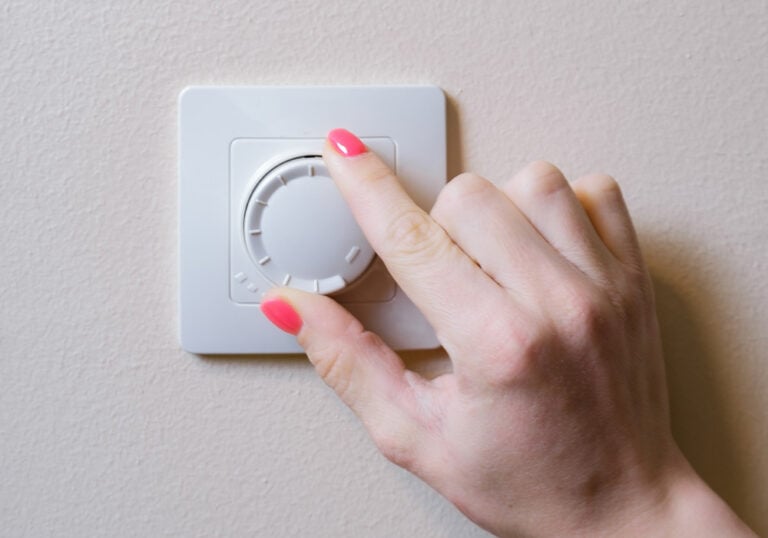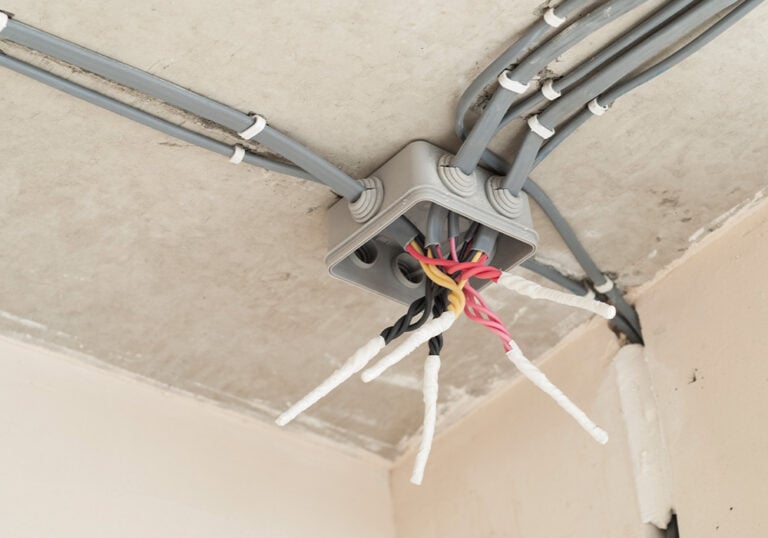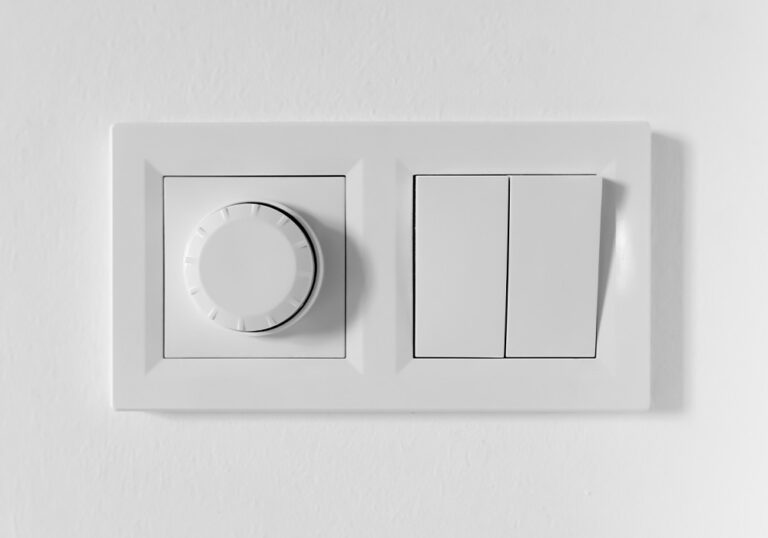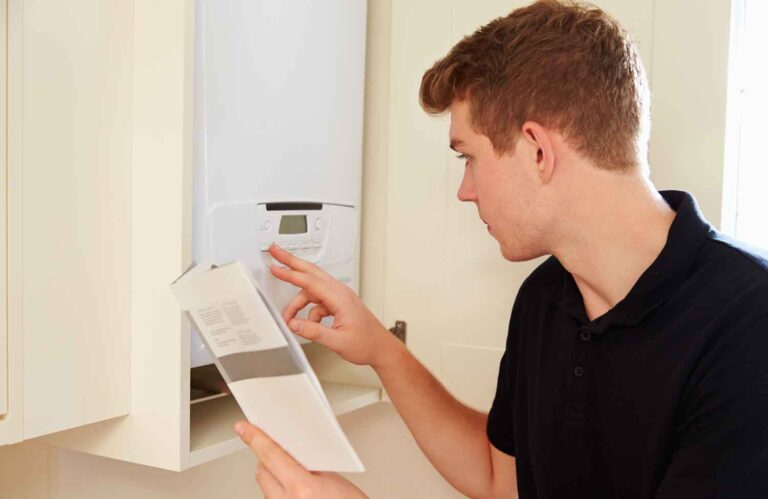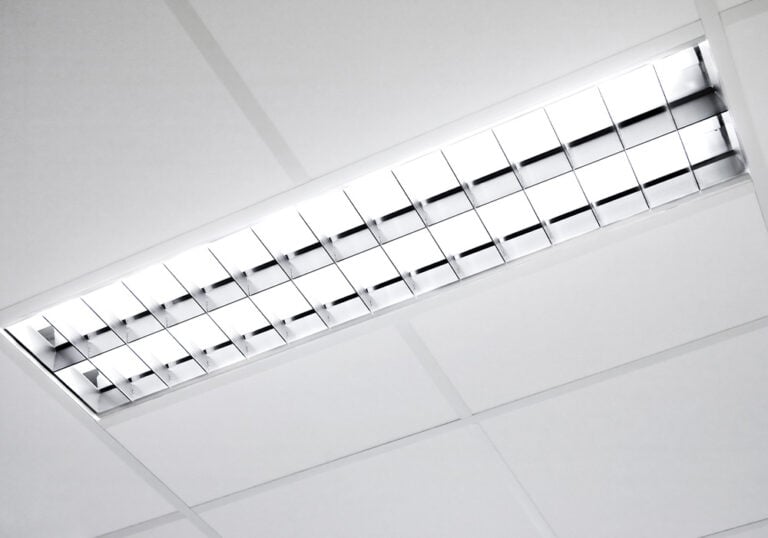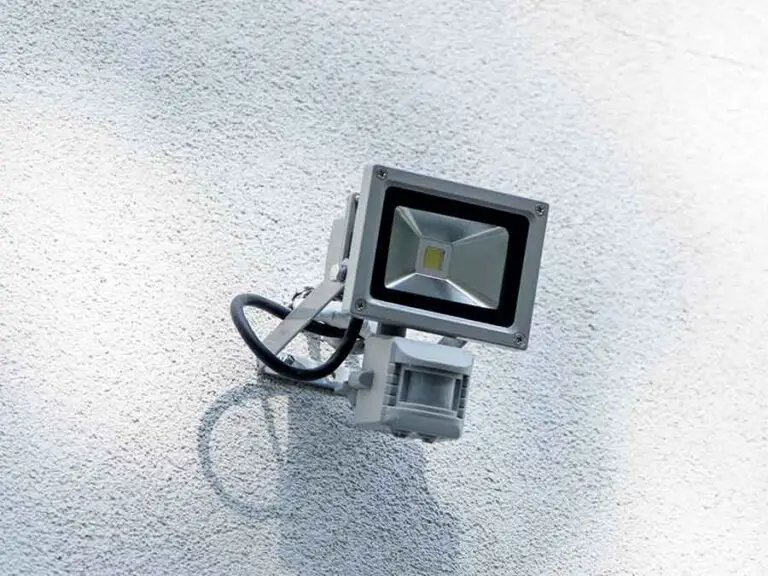Crackling Sound Coming from Power Socket: What to Do
When everything is functioning properly, a power socket shouldn’t make any audible noises. So, hearing a crackling sound coming from a power socket is a definite indication of an electrical fault in the socket.
Crackling or buzzing noises are a sign that the wiring in the socket is arcing; this essentially means the electricity is sparking from one part of the wire to the next. A socket that’s arcing creates a potential hazard in your property and must be addressed immediately to avoid a fire. If you hear a crackling sound coming from a power socket, shut off the power to the room and contact an electrician as soon as you can.
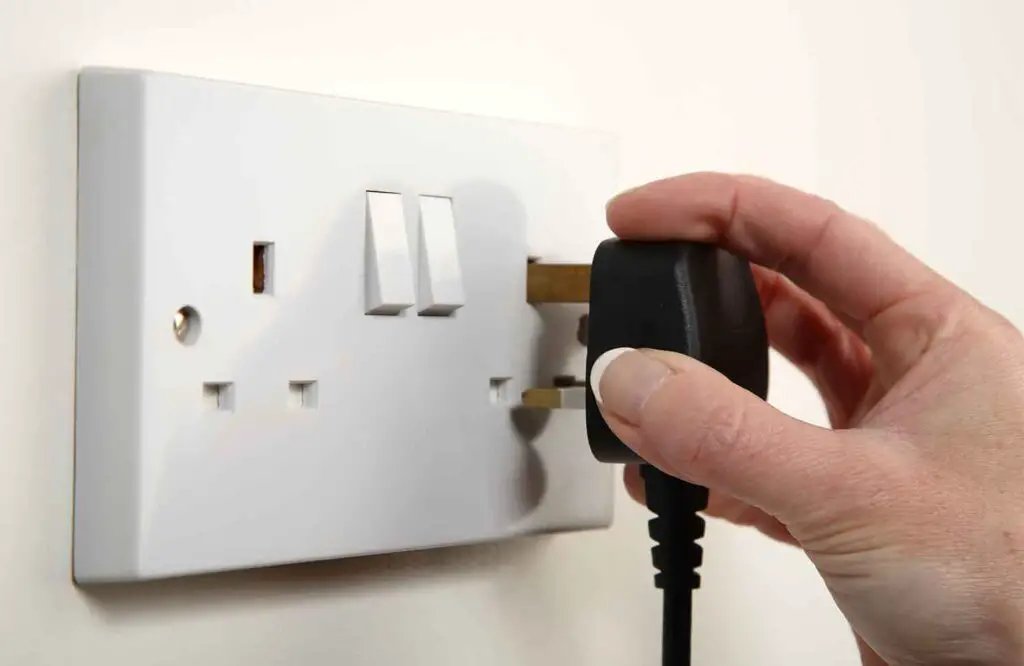
What Does a Crackling Sound Coming From a Power Socket Mean?
In short, hearing a crackling sound coming from a power socket is not a good sign. Any type of crackling, fizzing, or buzzing noises you can hear from within a power socket indicates an electrical fault known as ‘arcing’. This issue is caused by unsafe wiring within the socket, creating a potential fire hazard in your home.
When your system is working properly, electricity should flow directly through the wiring to the power outlets. A socket functioning safely in this way does not give off any audible noise. However, when the wires are arcing, the electricity jumps from one part of the wire to the next; this creates a crackling sound as the electricity essentially sparks through the wiring rather than being contained. It goes without saying that arcing is a serious fire hazard which you must address immediately.
What Causes a Power Socket to Crackle?
Arcing, the issue that causes the crackling sound in a power socket, indicates that the socket’s electrical connections are faulty. Aside from physical damage, the primary reason behind faulty electrical connections is simply down to wear and tear.
All of your home’s electricity originates from your circuit breaker panel. From there, it travels through a maze of wires and junction boxes within your walls, before arriving at the various outlets. The electricity flows in greater or lesser amounts of currents depending on how much electricity is being demanded by the system. Therefore, when a socket needs more power, it draws an increased flow of electricity; this can overstress the system and cause the wiring or electrical connections to deteriorate as a consequence.
What Are the Signs of An Overstressed Electrical System?
A crackling sound coming from the power socket is the first indication of an overstressed system. You should look out for a few more telltale signs to determine the severity of the situation; these include warm cover plates, a burning smell, tripped breaker switches, or worst case scenario, visible smoke, sparking, or fire. Noticing any or all of these issues is a sure warning sign of arcing and/or a general fault in your home electrics.
Warm Cover Plates
If its wiring is faulty, you may find that the cover plates of the socket are warm to the touch. The increased flow of electricity generates heat which can cause the cover plates to feel unusually hot.
Burning Smell
When the wiring insulation in the socket overheats, it can also cause the outlet to give off an electrical burning smell. This smell can be somewhat fishy and will worsen as the crackling gets louder.
Tripped Switches in Circuit Breaker Box
You should also check your circuit breaker box for tripped switches. Most often, circuit breakers trip due to electrical overloads in the system. And, when one circuit breaker trips, it puts more pressure on the electrical distribution to the remaining outlets; this can then worsen the issue by damaging more of the wiring or sockets in your home. If you have repeated issues with tripped circuit breakers, check the power usage of your electrical appliances and devices.
Visible Signs of Sparking or Fire
Of course, seeing actual sparks, fire, or smoke is a clear indication that your electrical wiring is malfunctioning and burning. These are signs of a very serious issue; you should immediately evacuate your home and contact the relevant services as soon as possible if this is the case.
What to Do if You Hear a Crackling Sound Coming From Power Socket
Follow these steps straight away if you hear a crackling sound coming from a power socket or multiple sockets.
1. Check Circuit Breaker Box
Upon hearing a crackling sound coming from a power socket, you should go straight to your circuit breaker box. The crackling may be due to a tripped switch causing a surge of power to the rest of the system.
First, check the breaker box for any tripped switches. If no switches are tripped then move straight on to the next step. If you find that a switch has been tripped, flip it back on and check the socket again; the crackling should stop completely, but if it doesn’t, move on to the next step.
2. Shut Off Power to Affected Rooms
Failing to fix the problem in the previous step indicates that it is faulty wiring causing the crackling power socket. You’ll need to shut off the power supply to the room or whole house immediately to avoid a fire.
Go back to your circuit breaker box and shut off the power to the room with the crackling power socket. If multiple sockets in multiple rooms are making a crackling noise, shut off the power to the whole house.
3. Contact a Certified Electrician
Contact a certified electrician and explain the issue that you’re facing; they’ll understand that it’s an emergency and will likely come to inspect the issue as soon as they can.
How to Fix a Crackling Power Socket
Unless you’re an experienced electrician, you shouldn’t attempt to fix a crackling power socket yourself. Arcing and faulty wiring are complex issues that will require the rewiring of either the socket or the entire electrical system.
Your electrician should come soon after you get in contact with them. The electrician will begin by looking at the inside of the socket while the power is out to see if the wiring is damaged. They’ll then further test whether the wiring is loose or faulty by turning the power back on. If they do find that the wiring is damaged, the electrician will have to replace all faulty portions; be prepared that this will involve opening up your walls to access the wiring.
If the electrician determines that the problem lies solely with the socket, they’ll replace the socket alone. They will then repeat their tests to ensure that the wiring and socket are both working safely. You can also request that the electrician tests every outlet in your home to ensure the entire system is safe. We recommend this, as power sockets are typically installed at the same time, meaning they’ll likely fail at the same time too.

